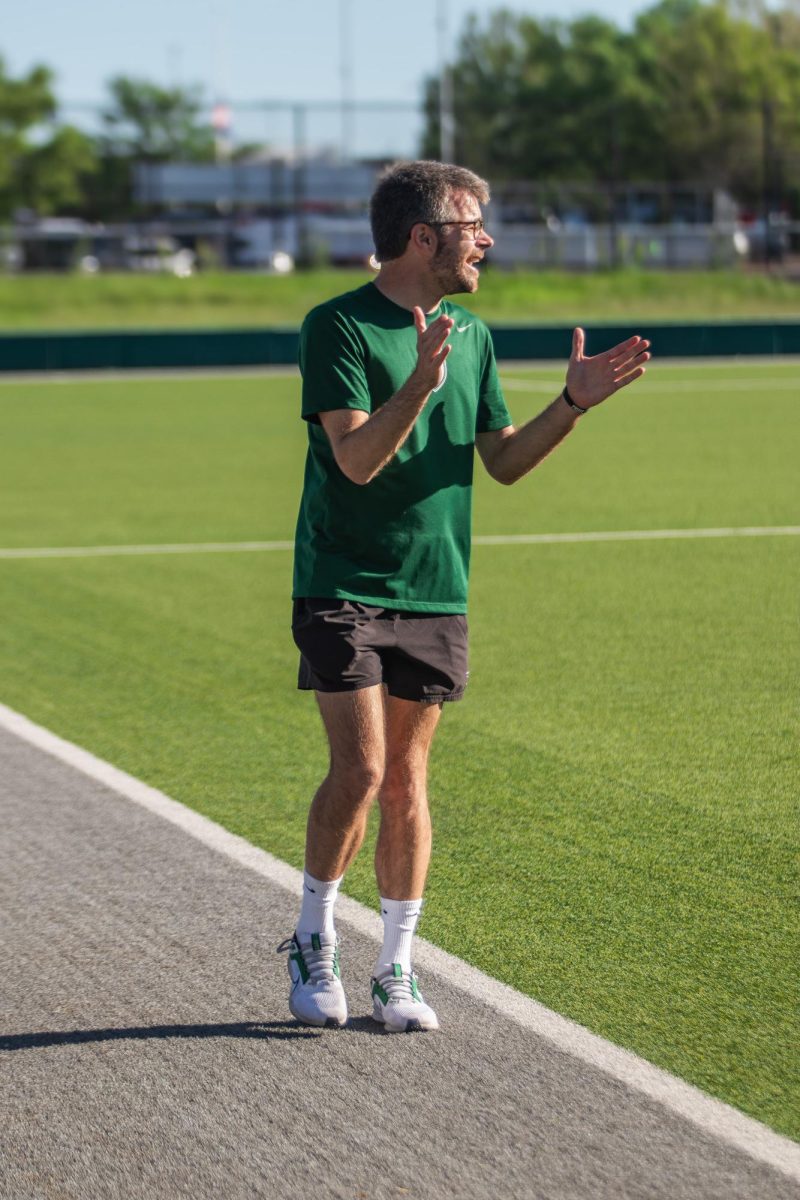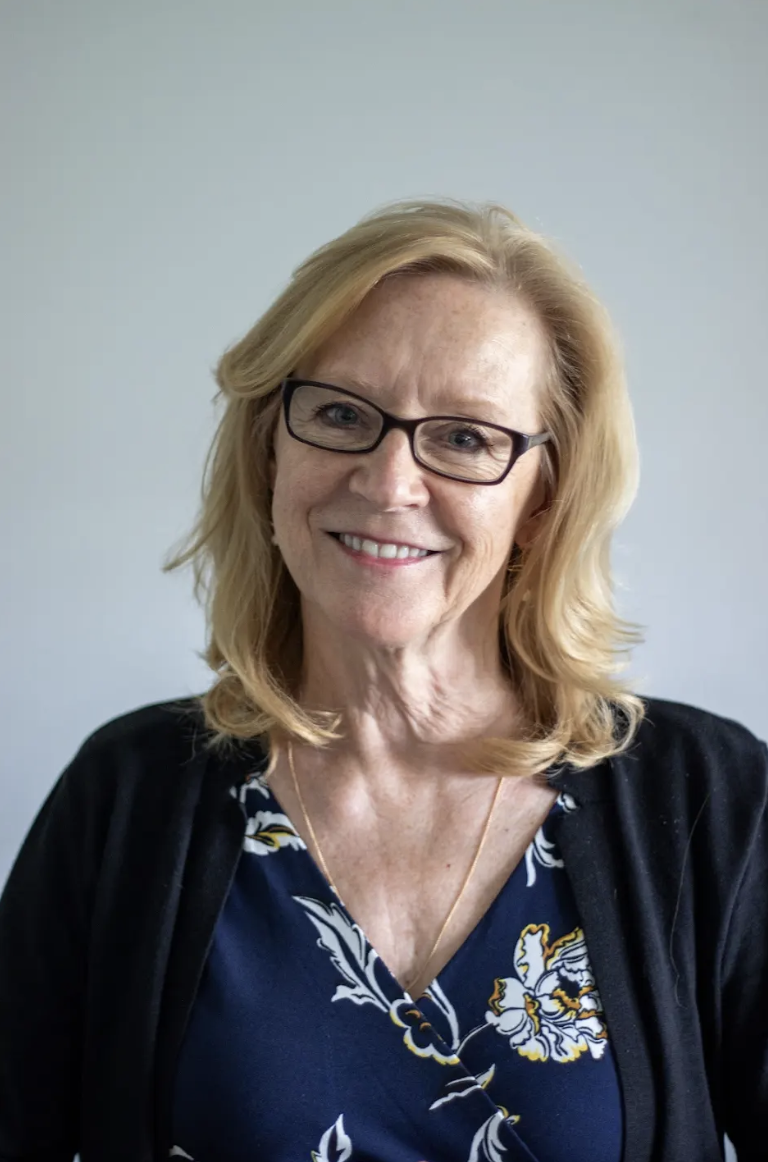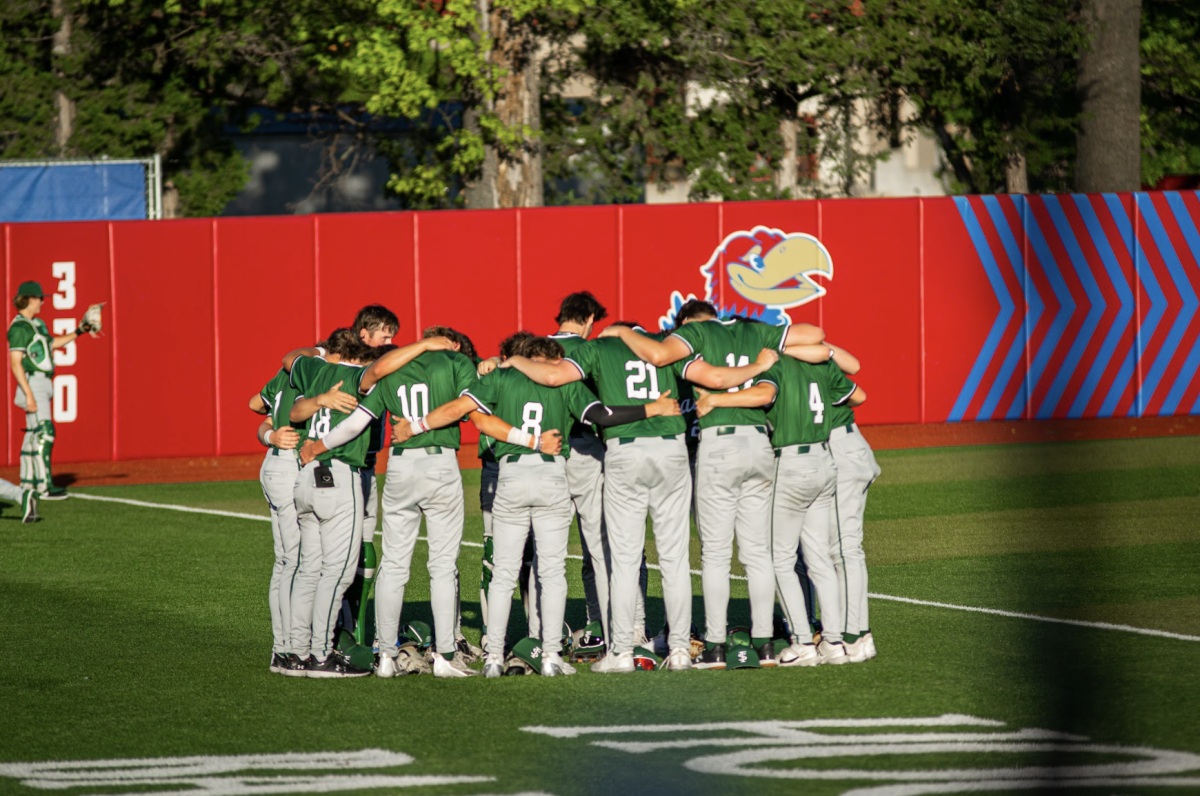Senior Cecilia Quintana has studied in the United States as an international student since she was nine years old. Quintana knew no English when she came from Paraguay to America in fifth grade. Determined to take advantage of the educational and social opportunities, Quintana quickly became fluent in English and excelled in school, taking a multitude of advanced and Advanced Placement classes as well as being involved in a wide variety of extracurricular activities.
Despite Quintana’s academic success, she cannot file for student aid.
“It’s very frustrating and disheartening at times because international students don’t have a lot of scholarship opportunities,” Quintana said. “It seems unfair at times that, after spending so many years here that I don’t qualify.”
While the FAFSA (Federal Application for Financial Student Aid) allows a broad category of non-citizens to use it, Quintana falls under one of three non-eligible non-citizen categories.
“Citizenship is usually the issue in many of these cases,” said Baker University admissions officer Daniel McKinney. “In order to be eligible to file a FAFSA, one must be a US Citizen.”
According to http://studentaid.ed.gov, Quintana is an international student studying on an F-2 student visa, which means that she is unable to receive the benefit of academic scholarships, National Merit-based scholarships, or the benefits that come with being attaining certain grades and scores on national tests like the ACT and SAT.
This means that no matter what grades she gets, she still winds up with the same daunting choice: stay in America or go back to Paraguay.
“…Looking back, I could have gotten really bad grades and not studied for the ACT and SAT and I would have been in the same situation I am in now…Your legal status limits you so much on what you can and cannot do,” Quintana said.
Without student aid, Quintana will have to prove to the educational institution that she has enough money to cover the entire duration of her college career so that she does not violate her F-2 student status, which requires that she stay unemployed.
“You have to prove that you have enough money for four years to support yourself, which is pretty ridiculous,” Quintana said. “I don’t think that most American students can show that [amount of] money when they apply to college.”
Filing for citizenship is extremely difficult. According to the Immigration Law Center, L.L.C, applying costs $595. It requires one to pass two tests—a literacy test and a knowledge of U.S. history. It may take up to three months for an applicant to meet the resident eligibility requirements, and 120 days to become naturalized after the interview. Tightening of immigration laws in the past decade has made this confusing and complicated process even more arduous; a system Quintana wants to change.
“People aren’t really aware of what the process is,” Quintana said. “They see what you have to do and the choices you have to make as mooching off the system, whereas you really have no choice. There isn’t a lot of freedom within the system for what you can do and what path you can choose. I feel that I should get somewhat of a chance.”
However, not all hope is lost for Quintana.
“Baker University and other colleges and universities offer academic merit and talent scholarships to undocumented and/or international students,” McKinney said.
Although she is faced with the daunting prospect of attaining higher education, she doesn’t believe she would anything differently her past seven years in America.
“School really taught me to appreciate learning, and I don’t think I’d give that up,” Quintana said. “Some days I’m like, ‘I wish I would have not gone zero through seven for the past three years and not done as much as I have, because it doesn’t matter,’ but there are other benefits, not just academic resume benefits.”
Scholarships Require Citizenship
grace oliver, reporter
November 13, 2012
More to Discover














